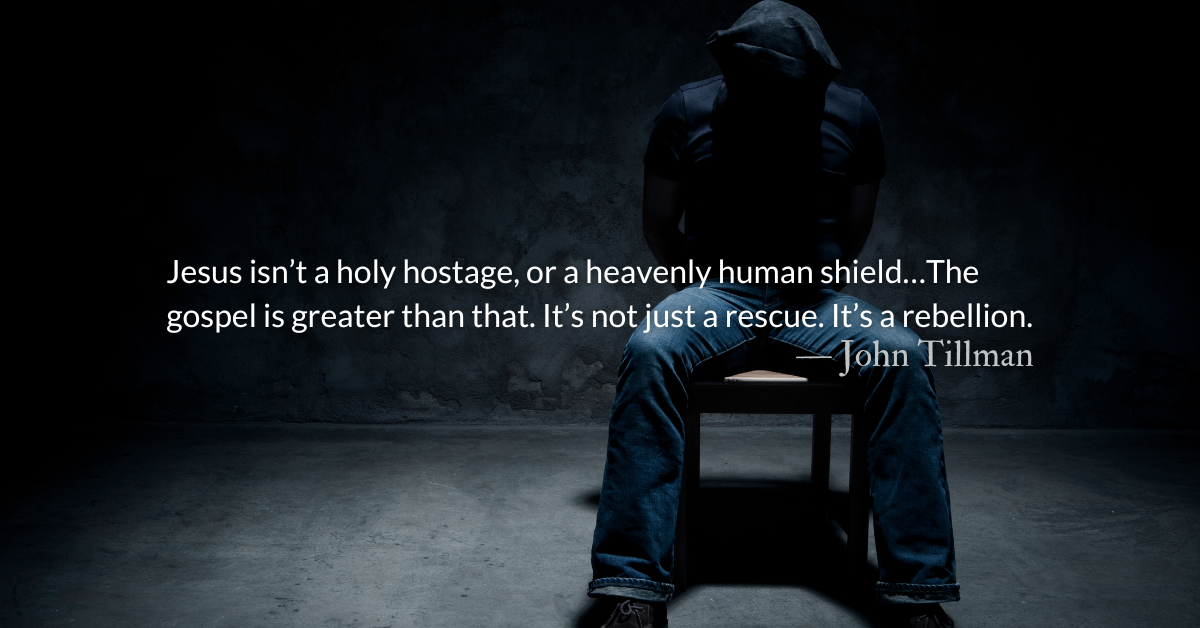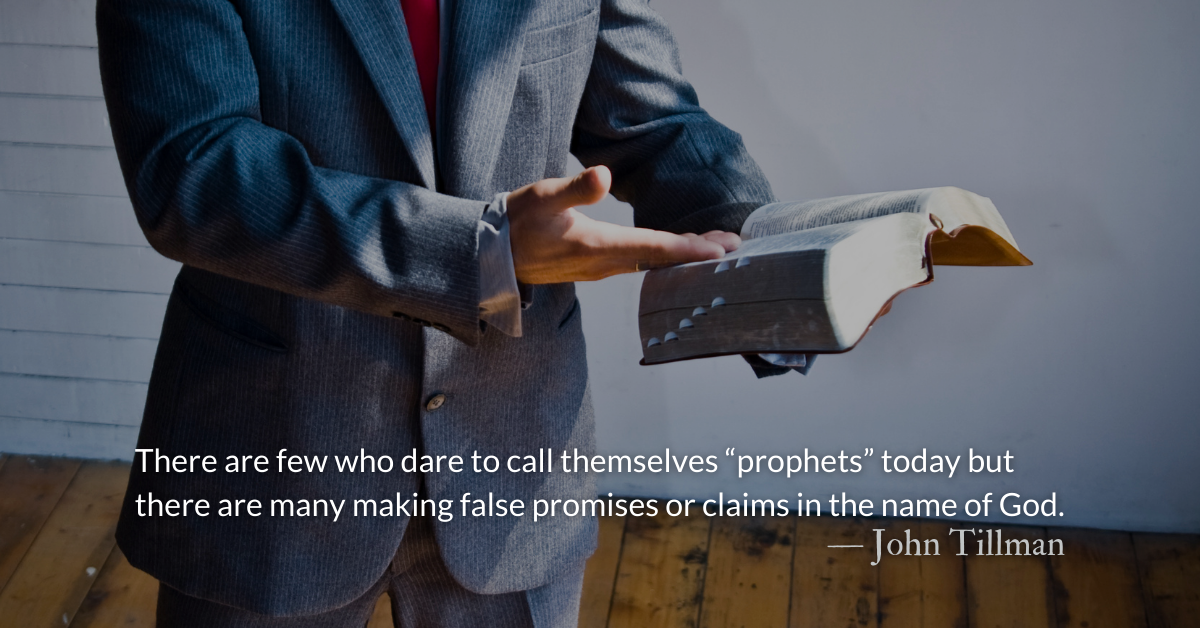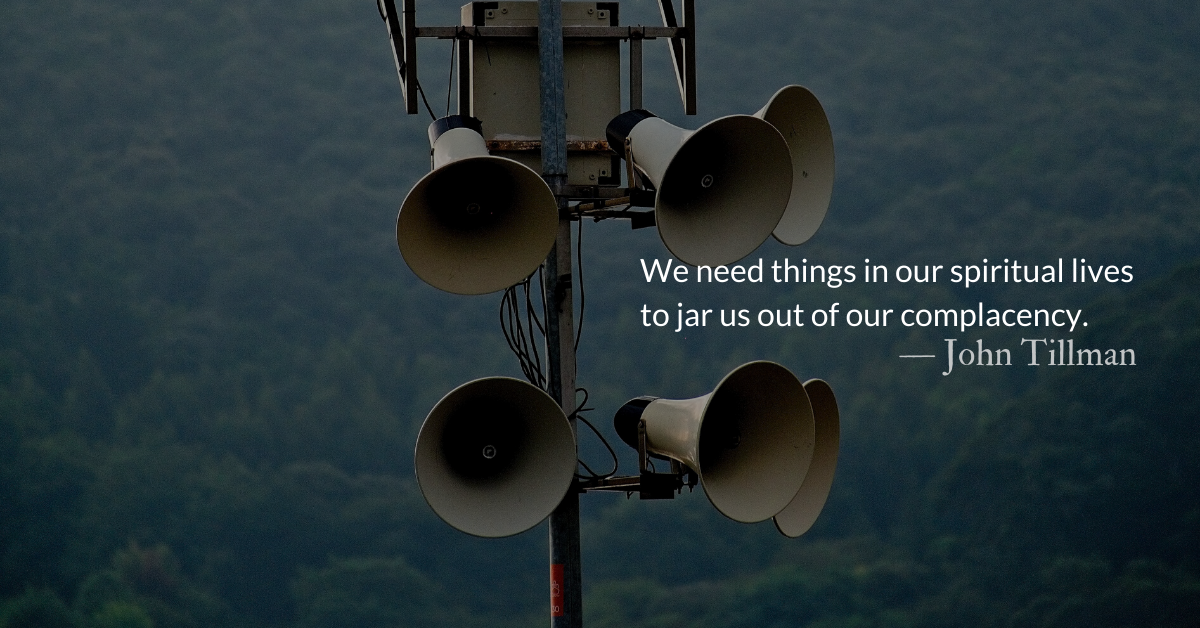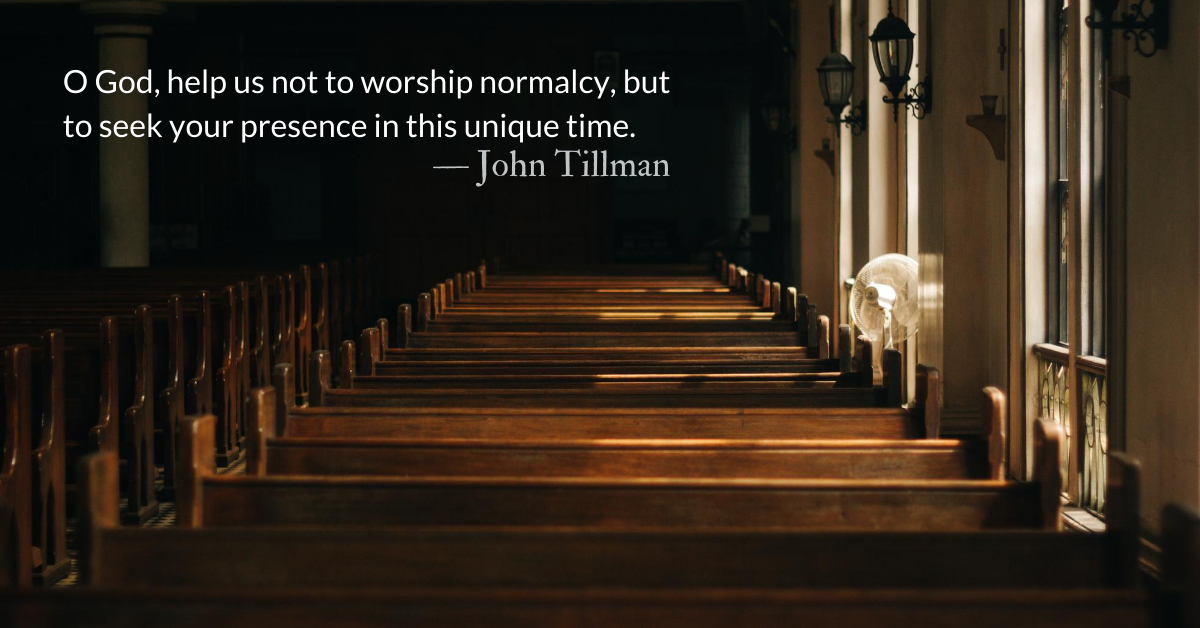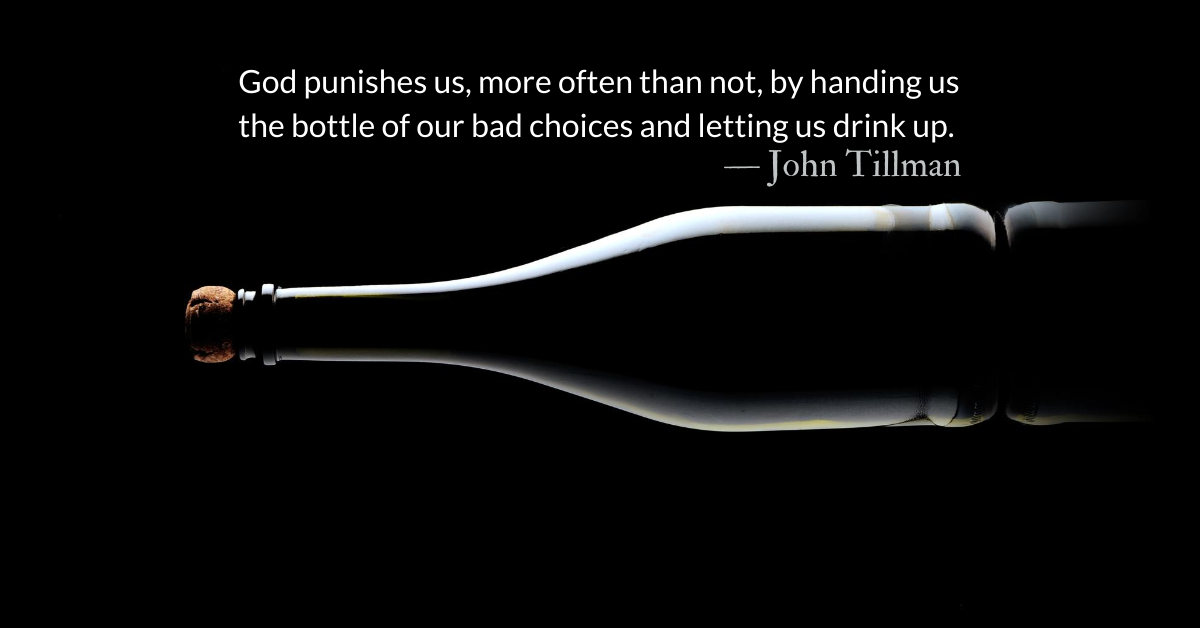Scripture Focus: Jeremiah 5.1,
1 “Go up and down the streets of Jerusalem,
look around and consider,
search through her squares.
If you can find but one person
who deals honestly and seeks the truth,
I will forgive this city.
9 Should I not punish them for this?”
declares the Lord.
“Should I not avenge myself
on such a nation as this?
Reflection: One Righteous
By John Tillman
Popular stories often have moments where the plot forces a horrible choice.
A secret agent struggles to stop a missile launch with time running out. Will his best friend bomb the compound, stopping the launch but killing his friend? Will he risk evil continuing in order to spare a loved one?
The tension of these stories holds us rapt. What will the heroes do? Will they still be heroes if they do it?
Jerusalem is facing a disastrous reckoning for its evil. God points out Jerusalem’s evil to Jeremiah, saying, “Shouldn’t I punish them for this?” (Jeremiah 5.9) Should God allow evil to continue?
In Genesis (Genesis 18.25), Abraham asked God to spare Sodom on behalf of the righteous. Eventually, God agreed that for ten righteous people he would spare the city. This story is reversed. God challenged Jeremiah to find even one righteous person. Jeremiah looked among the poor and uneducated and among the wealthy and wise. He found only rebellion, greed, and abuse.
Suppose Jeremiah found a righteous person and God relented…the city would remain evil. The wicked would continue to abuse the vulnerable. Would that be righteous?
There were, and are, none righteous. (Romans 3.10) So God sent the righteous one. Jesus is the one righteous person for whom many will be spared. But this is not that simple. Jesus isn’t a holy hostage, or a heavenly human shield preventing God from punishing evil. God goes beyond that. We are not simply “spared” on account of the one righteous one. The gospel is greater than that. It’s not just a rescue. It’s a rebellion.
In Jeremiah we see the evil city of Jerusalem punished by a greater evil city of Babylon. However, through Jesus, we can redeem and transform the evil cities we live in by the light of the heavenly city we carry within us. Rather than allow the city to be overcome by evil, God, through Jesus, through us, desires to overcome evil with good.
The question is not whether you or I should give an evil city a pass because there is some “good” in it. The question is whether you and I will become the righteousness of God that transforms cities.
May we become righteous ones through Jesus. Let his righteousness fill us from within and clothe us without. By his Spirit pray with your mouth, love with your heart, and work with your hands to establish righteousness.
Divine Hours Prayer: The Refrain for the Morning Lessons
I am like a green olive tree in the house of God; I trust in the mercy of God forever and ever. — Psalm 52.8
Today’s Readings
Jeremiah 5 (Listen -5:04)
James 1 (Listen – 3:26)
Readers’ Choice is Coming!
Tell us your favorite post from the past 12 months. We’ll repost it in September.
Read more about Jesus, Our Blessed One
We are…partaking of his righteousness.
It is he who makes us prosper, and spreads the seed of his gospel over the earth.

